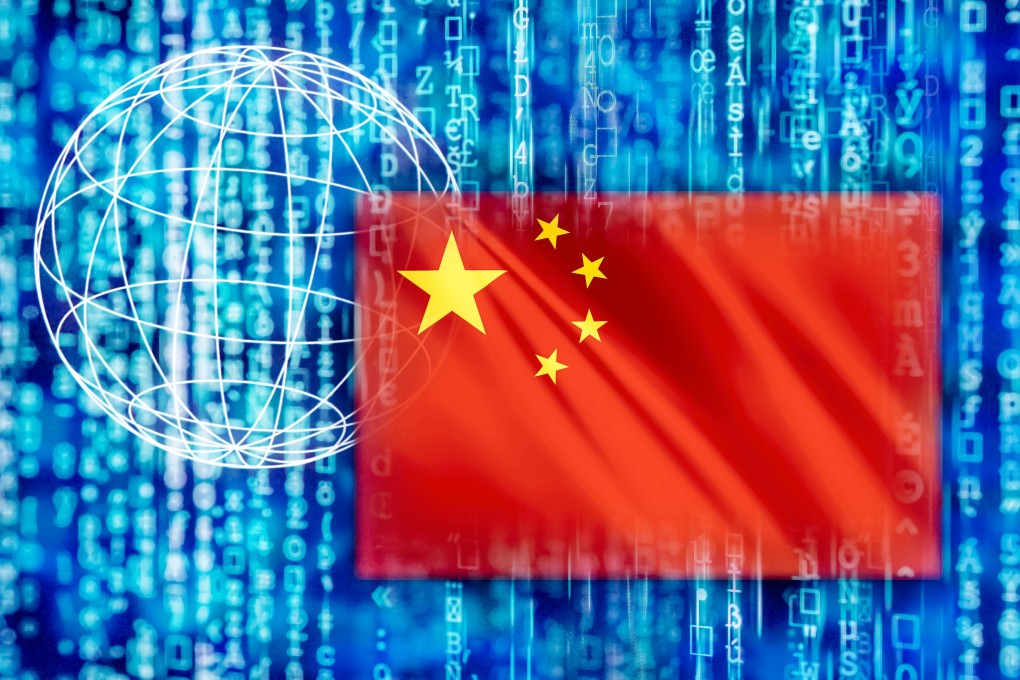China’s new antitrust rules could increase Big Tech scrutiny, adding hurdles to start-up acquisitions
- Under the new rules, companies valued at US$120 million or more would need regulatory approval for M&A deals involving firms with US$15 billion in revenue
- The proposed rules from China’s market regulator come ahead of the revised Anti-Monopoly Law taking effect in August

Under one of six proposed rules released by the State Administration for Market Regulation (SAMR) on Monday, a planned merger or acquisition will need regulatory approval if it involves one company with revenue surpassing 100 billion yuan (US$14.9 billion) and another with a valuation of at least 800 million yuan.
If the new rule goes into effect, it will change a process that currently relies only on revenue as a benchmark for whether a deal needs to seek approval. The main impetus for the rule change is to target internet giants’ acquisitions of start-ups, according to Du Guangpu, an antitrust lawyer with the Jingsh Law Firm in Beijing.
Many internet companies in their early stages have very little revenue, Du said, so this targets start-up acquisitions based on the potential impact on the market, which is gauged through company valuations.
Technology companies are not the only ones that would be affected by the new rule, Du noted. Large state-owned enterprises and major real estate companies are among those that may need to seek antitrust reviews for planned deals if the change is enacted.
After the law goes into effect on August 1, a procedural failure to notify authorities of a merger or acquisition that requires a review could result in a fine of 5 million yuan, a tenfold increase from the previous version of the law. This even applies if the deal is found to not be anticompetitive.